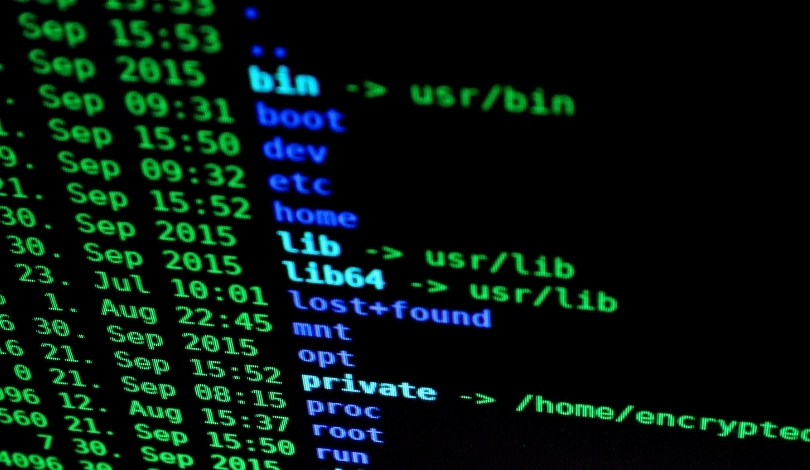Aleksei Olegovich Volkov, a Russian national, recently admitted guilt in a string of ransomware incidents targeting U.S. organizations. Authorities allege that Volkov played a key role in aiding the Yanluowang ransomware group by scouting vulnerable businesses and brokering access to their networks. He reportedly operated from Russia between July 2021 and November 2022. The scheme affected seven American companies, causing substantial operational disruptions and ransom demands valued at over $24 million. Several victims, including an engineering firm and a bank, had to halt their services following these attacks, while two businesses paid nearly $1.5 million in ransoms.
Previous reporting on Yanluowang’s activity primarily focused on their technical methods and the scale of affected sectors. Earlier public cases emphasized high-profile victims like Cisco, but details related to initial access brokers such as Volkov remained largely obscure. Recent disclosures, especially Volkov’s extradition to the United States from Italy, contrast with prior instances where key actors evaded prosecution due to jurisdictional hurdles. This case demonstrates a shift toward greater international law enforcement collaboration against cybercrime targeting U.S. interests.
How Did Investigators Unmask the Ransomware Broker?
Authorities used blockchain analysis to trace cryptocurrency payments linked to both Volkov and an accomplice residing in Indianapolis. Investigators identified multiple communication accounts employed by Volkov to coordinate attacks, distribute payments from ransoms, and converse with his partners. As a result, agents could directly connect him to unlawful profits and digital evidence left by the Yanluowang group.
What Was Volkov’s Role Within the Yanluowang Group?
Prosecutors described Volkov’s position as an initial access broker, enabling others to breach systems by exploiting vulnerabilities. He agreed on either a flat fee or a share of the ransom with his co-conspirators. According to prosecutors, Volkov’s actions made it easier for other attackers to execute ransomware, distributed denial of service (DDoS) attacks, and harassment of executives to pressure victims.
What Legal Actions Have Resulted From These Events?
Volkov was apprehended in Rome in January 2024 and extradited to Indiana, where he pleaded guilty to six federal crimes, including aggravated identity theft and money laundering conspiracy. The plea deal requires Volkov to pay close to $9.2 million in restitution, with sentencing yet to be determined. A spokesperson commented,
“Volkov’s plea acknowledges serious harm to multiple organizations and the necessity for accountability.”
An FBI agent added,
“Utilizing cryptocurrency tracing, we uncovered layers of foreign-based cybercrime impacting U.S. entities.”
The increased collaboration between law enforcement agencies has led to more successful apprehension of suspects involved in complex ransomware cases. By leveraging emerging forensic techniques such as blockchain analytics, authorities have tackled challenges posed by digital anonymity. The use of these methods builds transparency and enhances the ability to recover criminal proceeds and compensate affected victims. For businesses, staying updated on cyber threats like those posed by Yanluowang and being aware of vulnerabilities can help mitigate potential damage. Moreover, organizations can benefit from sharing threat intelligence and coordinating closely with cybersecurity agencies during incident response efforts. This case highlights both the complexity of combating cybercrime and the value of multi-layered approaches; the outcome may influence future international cooperation and cyber defense strategies.










